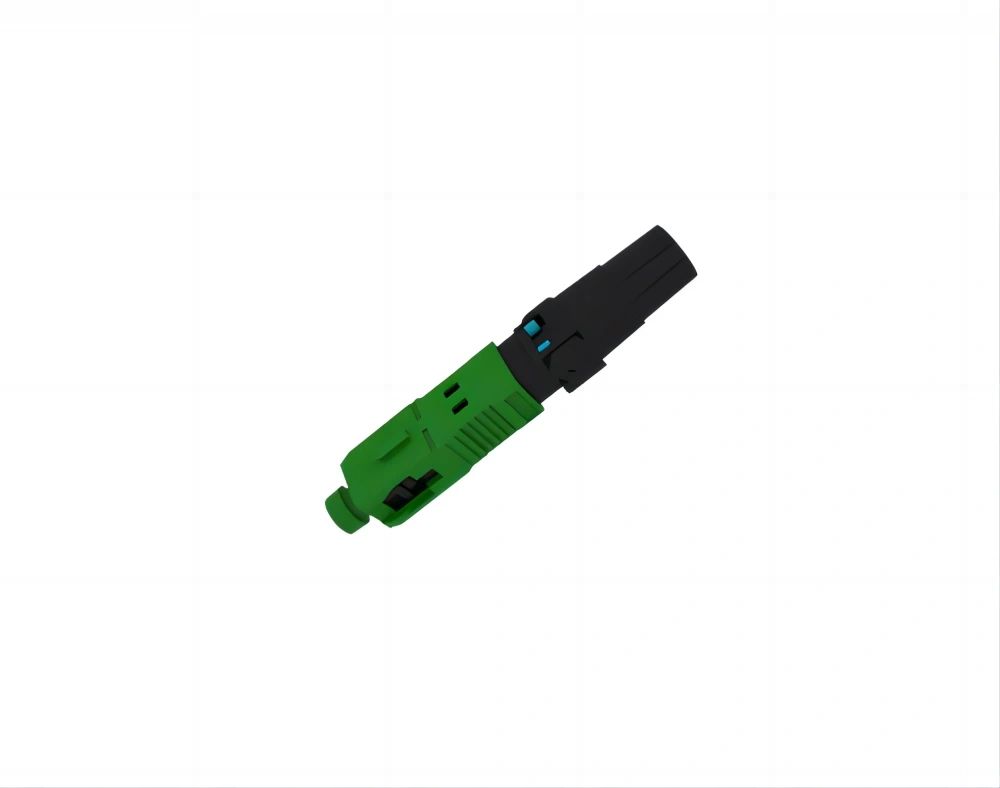The Impact of Incorrect Fiber Optic Connectors

Choosing the right fiber optic connector is essential for ensuring efficient and reliable data transmission. While various fiber optic connectors are available, it is crucial to understand which types should not be used to prevent any negative impact on network performance. Here are three types of fiber optic connectors that should be avoided.
1. BNC Connectors
BNC (Bayonet Neill–Concelman) connectors were traditionally used in analog video and radio frequency applications. However, they are not suited for fiber optic connections. BNC connectors are designed for coaxial cables and have a different structure than fiber optic connectors, resulting in poor alignment and excessive signal loss when used for fiber optic connections. Therefore, it is recommended to avoid using BNC connectors in fiber optic networks.
2. SC/APC Connectors
SC/APC (Subscriber Connector/ Angled Physical Contact) connectors are commonly used in fiber optic networks due to their high return loss and low insertion loss. However, these connectors are not compatible with standard SC connectors, which are the most widely used in the industry. The angled physical contact of SC/APC connectors can damage the end face of standard SC connectors, leading to increased signal loss and decreased network performance. Hence, unless specific SC/APC compatible devices are being used, it is best to avoid utilizing SC/APC connectors.
3. ST Connectors
ST (Straight Tip) connectors were popular in earlier fiber optic networks but have been gradually phased out due to their limitations. These connectors utilize a bayonet-style coupling mechanism, which requires longer installation time compared to more modern connectors like LC or SC connectors. Furthermore, the exposed ferrule design of ST connectors makes them more susceptible to dust, dirt, and damage. With the advancements in fiber optic connector technology, it is advisable to choose more efficient and reliable connectors over ST connectors for modern networks.
Conclusion
Choosing the appropriate fiber optic connectors is crucial for ensuring optimal network performance. BNC connectors, SC/APC connectors, and ST connectors should be avoided due to their various limitations and incompatibilities. To achieve efficient and reliable data transmission, it is recommended to use connectors specifically designed for fiber optic networks, such as LC or SC connectors. By selecting the right connectors, network administrators can minimize signal loss, maximize performance, and ensure the smooth operation of their fiber optic networks.



